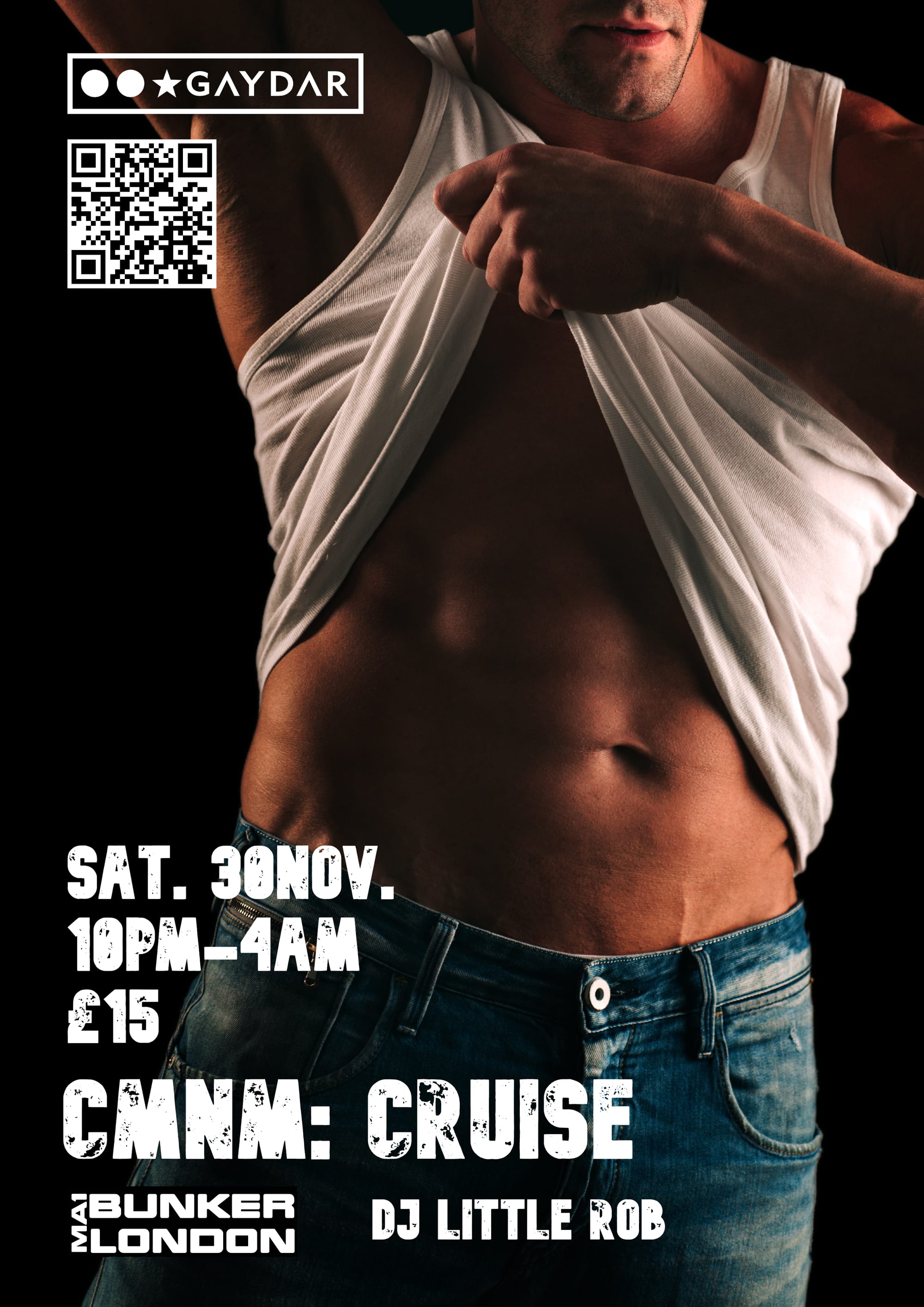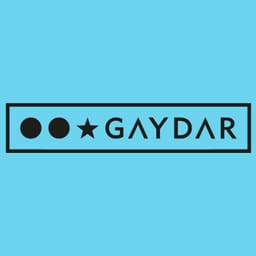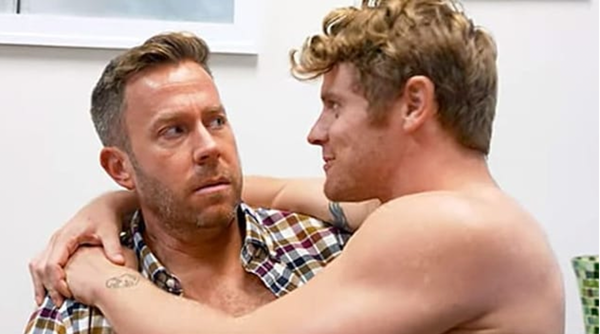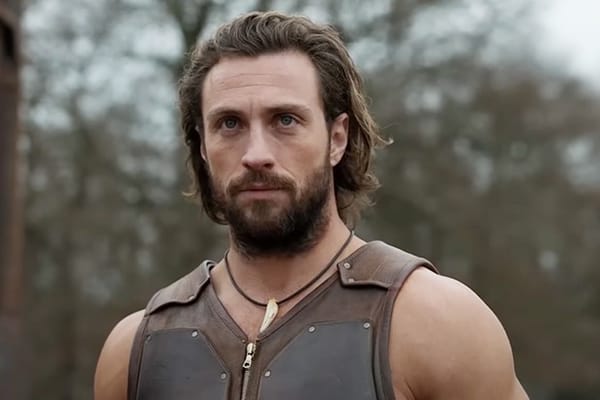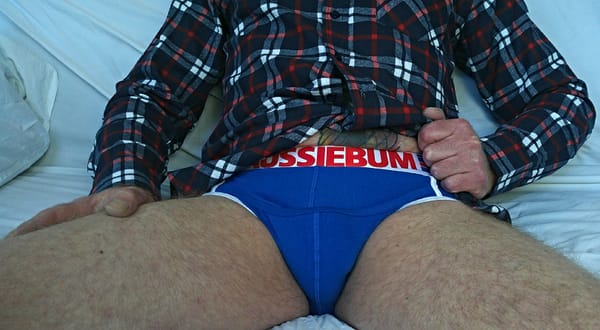100 Heroes: Dale Jennings
The gay man who fought for equality.
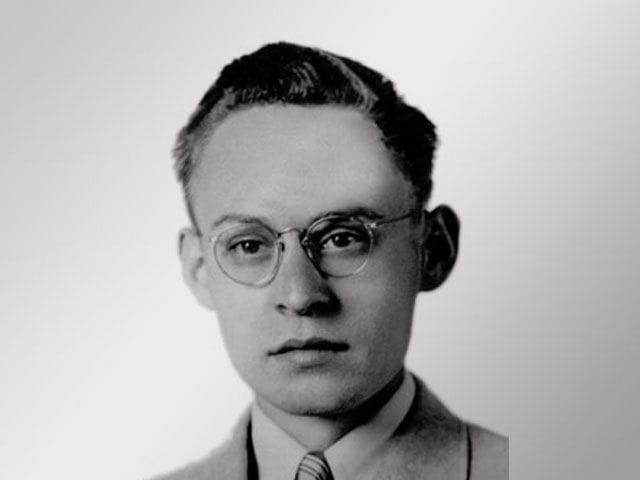
Dale Jennings was an American gay rights activist, playwright and author.
Early life
Born in 1917, in Texas, Jennings grew up in Colorado. At school, Jennings studied piano, and was recognised for his dancing.
In his late teens, he moved to Los Angeles, launching a theatre company called the Theatre Caravan. During this period, Jennings wrote about 60 plays.
World War II
During World War II, Jennings was stationed at Guadalcanal. He was awarded a WWII Victory Medal, an American Campaign medal, an Asiatic- Pacific campaign medal, and a Philippine Liberation Ribbon with one bronze star.
After being honourably discharged in 1946, Jennings returned to California where he studied cinema for two years at the University of Southern California.
The Mattachine Society
In November 1950, Jennings accompanied his then-boyfriend Bob Hull, to a meeting with Harry Hay and Chuck Rowland to discuss a prospectus that had called on the “androgynies of the world” to unite.
This meeting began the first official meeting of the International Bachelors Fraternal Order for Peace and Social Dignity, which would later be renamed as the Mattachine Society.
The Mattachine Society sought to gain acceptance through greater communication between homosexuals and heterosexuals. The group began to grow. By the summer of that year, the society had adopted official missions and purposes which proclaimed homosexuals to be one of the largest minorities in America.
Arrest
In the spring of 1952, Jennings was arrested for allegedly soliciting a police officer in a toilet in Westlake Park, now known as MacArthur Park.
The trial that took place drew national attention to the Mattachine Society. Membership increased dramatically, due to the decision of the Mattachine Society to help contest the charges brought against Jennings.
Jennings called fellow Mattachine founder Harry Hay, and they enlisted the help of attorney George Sibley, a member of the Citizens' Council to Outlaw Entrapment. Jennings was one of the first homosexual men to contest charges such as this one. Most homosexuals at the time pleaded guilty so as not to be publicly scrutinised. His decision to fight back was a pivotal point in the movement.
The organisation raised funds and promoted Jennings’ case nationally. The 1952 trial lasted ten days. Jennings confessed to being a homosexual but denied any wrongdoing.
While there were different accounts of what exactly occurred that day, by the end of the trial the jury voted 11–1 for acquittal on the basis of police intimidation, harassment, and entrapment of homosexuals, and the case was dismissed.
The trial brought a lot of attention to the Mattachine Society, increasing awareness of the Gay Rights Movement as a whole as well as increasing the organisation's membership.
ONE, Incorporated
While Jennings was one of the founders of the Mattachine Society, his views on how to best fight for equal rights for homosexuals differed from the organisation as a whole. Harry Hay, the primary founder of the society, believed that “gays were a unique and especially talented group who had been a primary part of tribal societies and needed to come together and reclaim those sacred and traditional roles”. Jennings believed that there essentially was no difference between a gay man and a straight man. Jennings adopted a more private role, believing that homosexuals as a group had very little in common, and wanted to fight for the right to be left alone while Hay and the rest of the Mattachine Society collectively wanted to make homosexuality visible to the public and fought for more homosexual awareness.
In the organisation, Jennings was not alone in this alternate perspective. In 1952, a small group of members from the Mattachine Society met to discuss separating from Mattachine and forming a separate organisation that would focus more on their perspective.
In 1953, they separated from the Mattachine Society and created ONE, Inc.. This organisation became the dominant organisation in Los Angeles. For a period of time, its magazine was the voice of the gay and lesbian movement.
The ONE, Inc. magazine spoke out openly and more forcefully on behalf of the rights and interests of homosexuals. Jennings was elected as vice president of the newly formed organisation and became editor in chief as well as a primary writer for the magazine. During this time his writings gained popularity and momentum.
Jennings found his niche as a writer, and his writings would continue to become a pivotal part in the Gay Rights Movement. The magazine included writings about police harassment and persecution from cities all across the nation based on newspaper reports sent in by its readers. Thought-provoking essays, daring social commentary and a sharp consistent design made up the overall sense of the magazine.
Although it had a low printing circulation, ONE Inc.'s magazine had a large impact on the movement as a whole. It was the only publication that openly spoke positively of homosexuality and fought for equal legal and social status for homosexuals.
After ONE
After leaving ONE, Jennings wrote and published his first novel, The Ronin, retold from an ancient Buddhist story, followed by The Sinking of the Sarah Diamond.
Another book, The Cowboys, based on a film treatment he sold to Warner Bros., caused considerable controversy among publishers due to its glimmers of homoeroticism. The Cowboys was made into a film in 1972, starring John Wayne. While not as successful as his first book, he made enough profit from the book that allowed him to buy a ranch outside of Los Angeles.
Jennings died in 2000. He was 82.

The NSFW edition
If you want to admire some man-on-man action, our NSFW edition gives you every inch.
Sign in and check out our NSFW content - it's free!
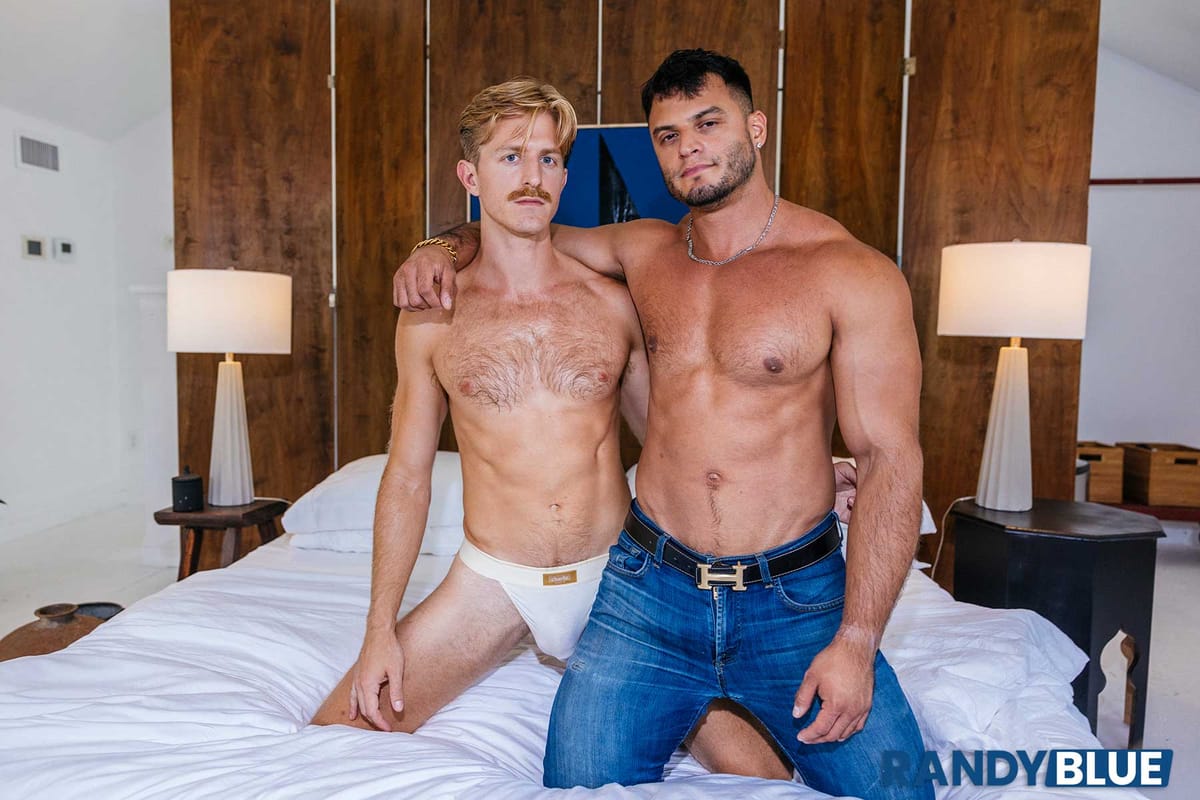
VIP Offers - exclusive to Means Happy subscribers!
Sex up your life with these member-only deals.

How's Your Gaydar?
Connect with guys near you.




